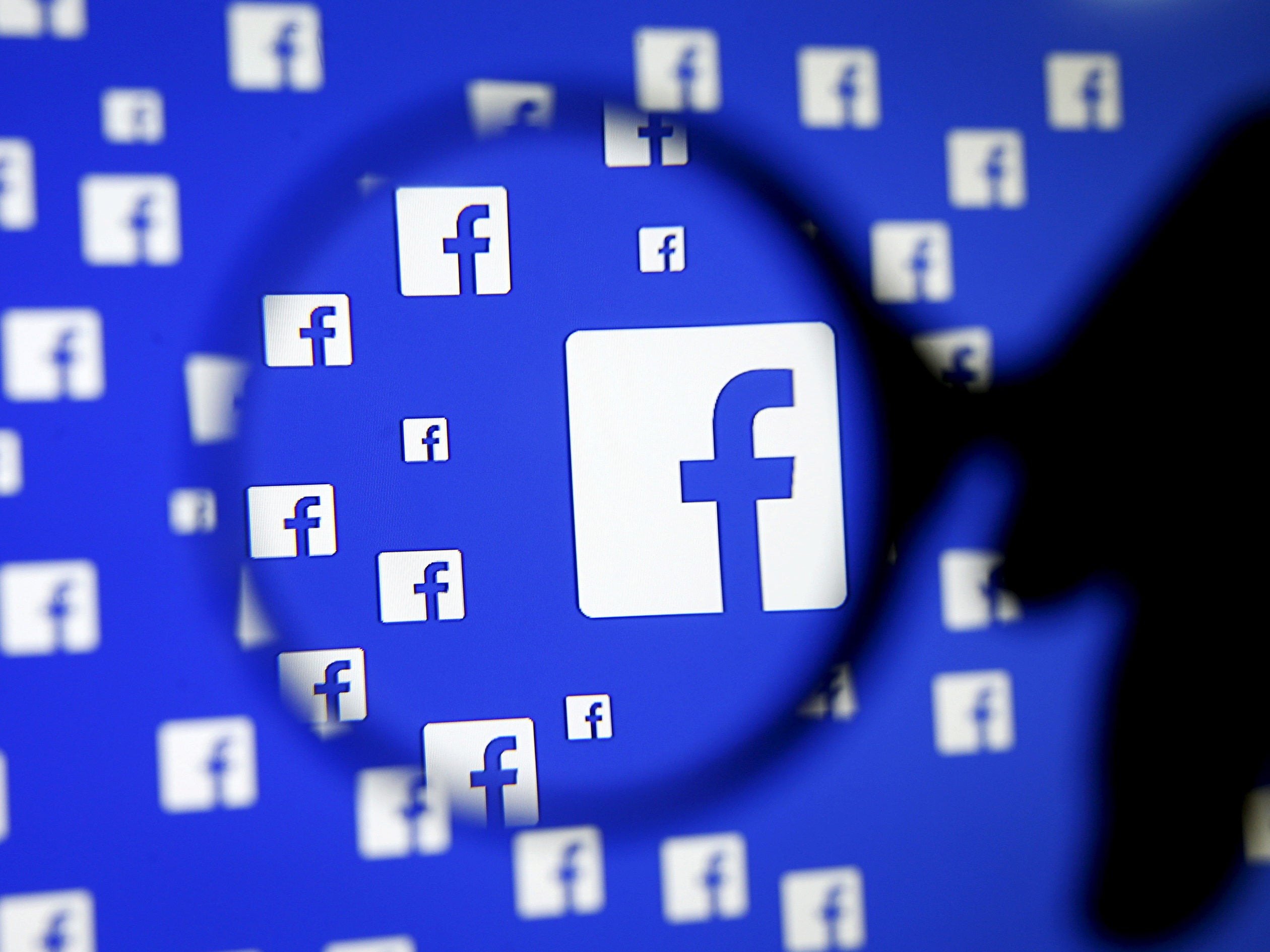
Having spent the past decade becoming so ubiquitous that it is the internet for many people, Facebook has abruptly, crudely and petulantly banned news publishers from its pages in Australia.
And it has done so in the middle of a pandemic, when the platform has been rife with dangerously misleading content, leaving the field open for conspiracy theories shared by ‘friends’ to hold sway.
Facebook acted rather than face being forced by the Australian Government to pay news publishers a fee for the content shared on its platform.
It claims that professionally-produced news makes up “less than 4% of the content people see in their news feed”.
It also claims it is perverse for publishers to lobby for payment after they “willingly choose to post news on Facebook, as it allows them to sell more subscriptions, grow their audiences and increase advertising revenue”.
The reality is Facebook needs journalism on its platform globally, but it does not want to be forced to pay for it. So it is making a stand in Australia because it knows regulators in the rest of the world’s leading economies are watching developments Down Under and are ready to follow suit.
Needless to say, Facebook News has now been scrapped in Australia as part of the country’s punishment beating by the tech giant.
[Read more: Facebook blocks news content in Australia to dodge News Media Bargaining Code]
Saying publishers choose to share news on Facebook is like saying fishermen choose to go to sea. Any news publisher targeting a consumer audience needs to be on Facebook because that’s where the audience is.
According to the Reuters Digital News Report Facebook is the number one social media platform for Australians by some margin, used by 71% of them. Some 39% of Australians use it as a source of news. For many, it will be their only source of news.
A UK survey last year found that those who get most of their news from social media are more likely to refuse to take a coronavirus vaccine.
So Facebook’s ejection of news media from its platform could have real-world implications for the nation’s health.
Facebook’s argument that it already helps the news industry by providing a shop window for subscribers and clicks is a little like a colonial settler telling displaced natives that they may no longer have any land but think of all the new menial jobs that have been created.
To take figures from the UK, which is a similar media market to Australia, in 2007 UK newspapers (and their websites such as they were) made £4.6bn a year from advertising.
That, in turn, helped pay the wages of around 13,000 local newspaper journalists – who turned up to council meetings, covering the courts and generally provided the glue which held their local communities together.
Since then as many as 80% of those jobs have been lost.
The reason for the decline is, in large part, because advertisers instead today spend their money with Google and Facebook who are reckoned to hoover around half of all the advertising sold in the UK – worth more than £10bn a year between them.
Google and Facebook provide a much cheaper marketing solution than news media because their content is created for free, and much of that content is in turn created by the news industry.
To deploy one last simile, Facebook’s claim that the Australian News Media Bargaining Code is unfair is like a mining company complaining about the taxes it pays to the countries whose ground it exploits.
Facebook needs to accept that if it is going to continue to enjoy a near-monopoly position on social media advertising, which made it $86bn in global revenue last year, then it needs to pay the price of being a good corporate citizen in the countries it operates in.
An indirect tax to subsidise the news industry is not the worst thing for Facebook because it also supports the production of the platform’s most valuable content.
The current ban is short-sighted because some sort of regulation of Facebook is inevitable given its size and dominance and the alternatives, such as a break-up of the company, could be more painful for it.
Email pged@pressgazette.co.uk to point out mistakes, provide story tips or send in a letter for publication on our "Letters Page" blog
